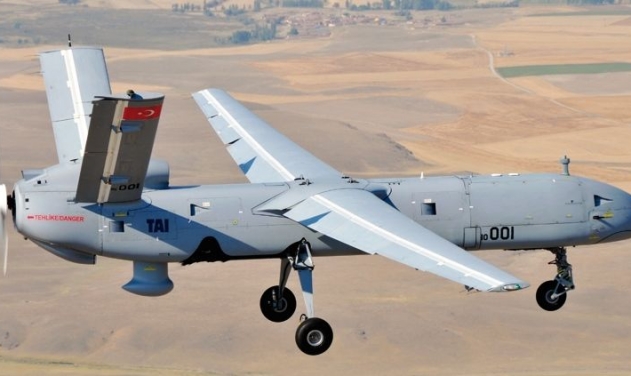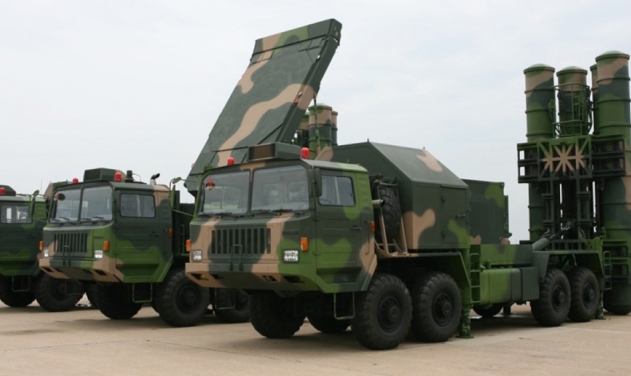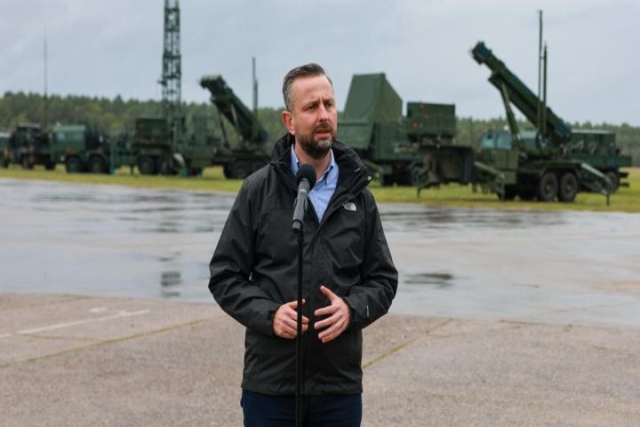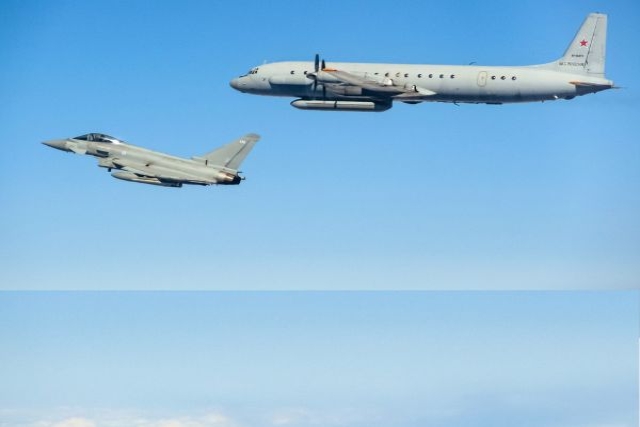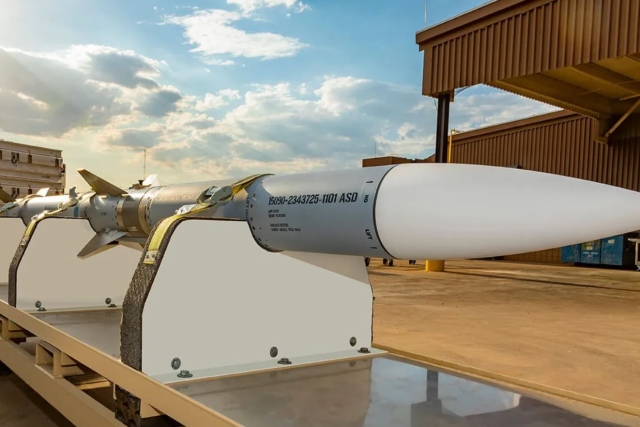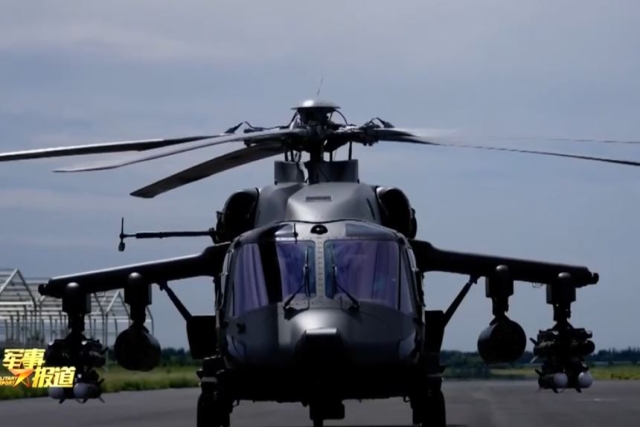Turkey Relying On Local Drone Tech After US Restrictions On Weapons Sale
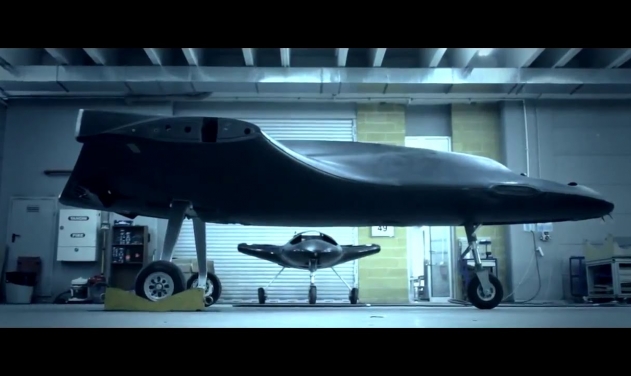
Turkey is now relying on the local drone technologies after the US restricted the sale of weapon systems to the country, defense industry head said last week.
Defense Industry Undersecretary Ismail Demir said during a panel discussion at the Atlantic Council think tank on May 27 that the US restriction on defense projects has driven Turkey to develop its own technologies. Demir was quoted as saying by Daily Sabah: "I don't mean to be sarcastic, but I would like to thank [the U.S. government] for the projects that were not approved because it forced us to develop our own systems".
The US congress has dragged its feet on approving the sale of armed drones and guided ammunitions to its NATO ally, citing concerns about the Turkish Armed Forces' fight against the terrorists in southeastern Turkey and northern Iraq.
As such, Turkey has developed tactical unmanned armed aircraft that are now operational in the fight against terrorist groups, Demir said, adding that Ankara will no longer need US drones. "Unfortunately, in the case of armed drones and on our part, we have closed that page," he said. He added that Turkey has developed its own guided ammunitions and is developing more.
Over the next few months, the Turkish Armed Forces is planning to deploy Bayraktar drones upon the completion of all required tests.
In ongoing tests, the drones are expected to carry ammunition. Each MAM-L and MAM-C projectile, also developed by Roketsan for the drone platforms, weighs 22.5 kilograms each. The guided ammo with the warhead, weighing 10 kilograms, can hit a target from 8 kilometers away. Following the DAESH missile attacks in the southern province of Kilis, Turkey ordered Predator drones from the US Now, with the advancements made with the Bayraktar drones, they are expected to be used as an armed platform in the concerned region, according to the report.
In addition, according to the defense undersecretary, Turkey has also been developing its indigenous fighter jets, planned to be made operational by 2020. He said that as Turkey engages in international joint defense technology projects, it has learned a lot that will help its own programs.

